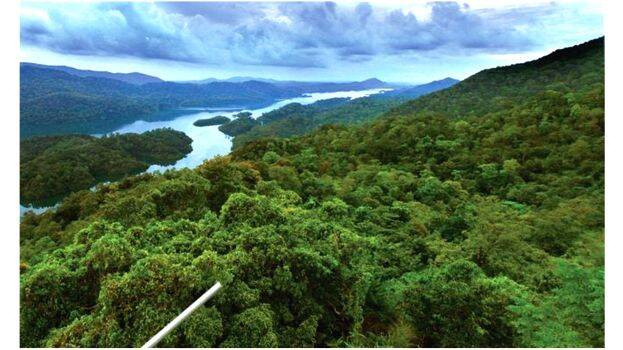

The previous order regarding the buffer zone was modified by the Supreme Court with concessions, which came as a great relief to the hill dwellers of Kerala. The previous order had banned construction, agriculture, and infrastructure development within a kilometer width around the entire protected areas in the country, which led to massive protests. There was also concern that thousands of families living on the forest border would be displaced. According to the revised ruling, there is no restriction on construction and cultivation within a kilometer width along the forest boundary. Although, there will be a complete ban on mining in this zone.
The June 3, 2022 order that mandated a buffer zone of one-kilometer width around wildlife sanctuaries and national parks, was the ruling that was revised by the supreme court. The one-kilometer width will no longer be applicable for Wildlife Sanctuaries and National Parks for which the final draft notification is out or under the consideration of the Government. A bench comprising Justices BR Gavai, Vikram Nath, and Sanjay Karol gave the revised verdict, averting a major crisis for Kerala. Both the central government and the state government approached the Supreme Court seeking an amendment to the previous order and pointing out the concerns created by the order. The Supreme Court has pointed out in the new order that the previous order has created a big problem. Hundreds of villages along the country's forest borders are in eco-sensitive zones. The previous judgment created a situation where the villagers could not even repair their houses. Schools, hospitals, water reservoirs, etc. cannot be built as well. Infrastructural works such as the ones for railways would also be disrupted. The previous ruling was a hindrance even for carrying out construction work necessary for the protection of wildlife. There would also be a situation where farmers would have to get permission to do agriculture. All these things were pointed out by the Central and State Governments which led to the reversal of the previous judgment which was unworkable. At least from now on the apex court needs to think twice before pronouncing such judgments that affect the entire country. Court judgments should not bring people's lives to a standstill.
In the revised verdict, the Supreme Court has given an important directive that the central and state governments can decide the area of the environmentally sensitive zone in accordance with the rules of 1986 and the notification should be issued only after the scrutiny of the committee comprising of experts.